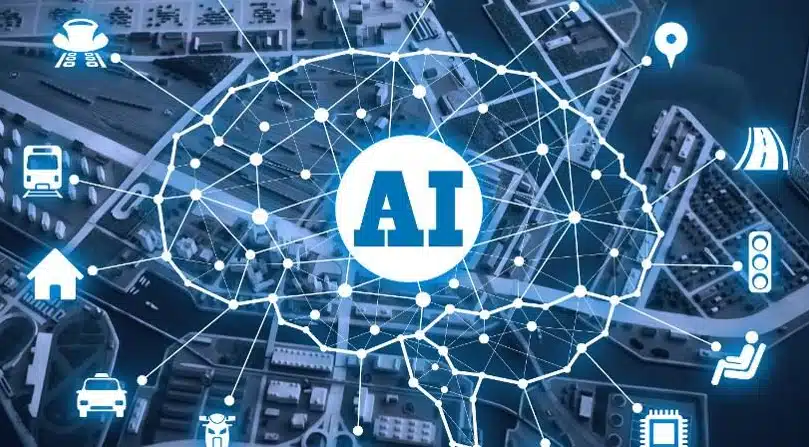
Software development thrives on predictability. Developers rely on deterministic logic, where inputs lead to predictable outputs, following a predefined path. However, the landscape of software engineering is rapidly evolving with the integration of artificial intelligence (AI). This article explores the symbiotic relationship between AI and software engineering, shedding light on its implications for developers, engineers, and end-users.
Exploring the Intersection of AI and Software Engineering
In today’s tech landscape, developers have unprecedented access to AI-powered tools that revolutionize various aspects of the coding process. From code creation to bug detection and testing, AI streamlines workflows, enhances productivity, and spotlights potential flaws. However, the reliability of AI remains a pressing concern, as its apparent confidence can sometimes mask inaccuracies. Nonetheless, the integration of AI promises to usher in a new era of software engineering, where applications are more intelligent, user-centric, and adaptable.
AI’s Impact on Everyday Software Tasks
One of the most significant advantages of AI in software engineering is its ability to automate repetitive tasks. By learning coding patterns and intents, AI can generate code blocks and suggest improvements, freeing developers to focus on more creative endeavors. Furthermore, AI’s predictive capabilities enable it to anticipate system behavior, optimize user experiences, and perform preemptive maintenance, thus enhancing software reliability and resilience. Additionally, AI accelerates the development and testing cycles, reducing time-to-market and overall maintenance costs. Despite these advancements, the human element remains crucial, as AI assists in optimizing team performance, resource allocation, and mitigating burnout risks.
Addressing Challenges in AI Implementation
While the benefits of AI in software engineering are undeniable, its implementation poses several challenges. The increased complexity of AI-generated code presents maintenance and understanding challenges, as developers may struggle to decipher its inner workings. Moreover, AI’s reliance on vast amounts of data raises concerns about data quality and accessibility, particularly for projects requiring domain-specific expertise. Additionally, ethical considerations surrounding AI, such as transparency, fairness, and societal impact, necessitate careful navigation by developers and organizations.
Tools and Platforms for AI-Driven Software Engineering
Fortunately, developers have a myriad of tools and platforms at their disposal to harness the power of AI in software engineering:
- General-Purpose Machine Learning Frameworks: Google TensorFlow, Facebook PyTorch, Keras
- Cloud-Based AI Development Platforms: Google Vertex AI, Amazon AWS SageMaker, Microsoft Azure Machine Learning
- AI for Code and Software Development: OpenAI Codex, GitHub Copilot, Snyk Code
- Pre-Trained Models and Platforms: Hugging Face’s Transformers, spaCy
- Neural Architecture Search Tools: AutoKeras, Google’s AutoML
Looking Ahead: Future Trends in AI and Software Engineering
As we look to the future, several key trends emerge in the realm of AI and software engineering:
- AI-first development, with machine learning at the core of projects
- Self-adapting software that evolves based on user needs
- Collaborative AI that partners with developers to enhance team dynamics
- Ethical and responsible AI, emphasizing transparency and fairness
- AI-powered cybersecurity to proactively detect and address threats
- Custom AI models catering to specific needs, democratizing AI’s benefits
- Continuous learning for developers to keep pace with AI’s evolving nature
Conclusion
The integration of AI into software engineering marks a paradigm shift in the software development landscape. While it presents numerous opportunities for innovation and efficiency, it also brings forth challenges that must be addressed. By navigating these challenges thoughtfully and leveraging AI responsibly, developers can unlock the full potential of AI to create smarter, more adaptive software solutions that enhance the human experience.